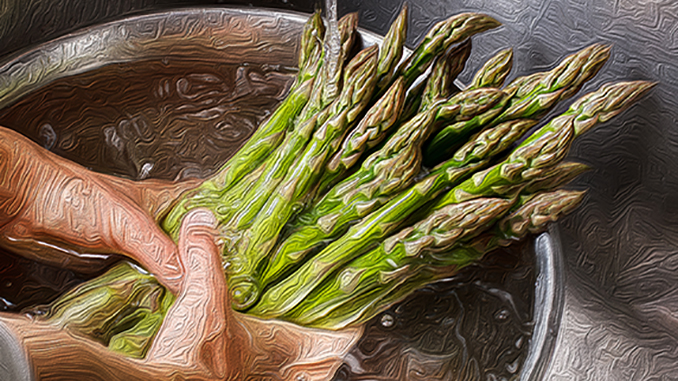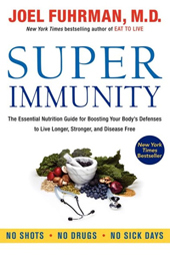
Eat your vegetables! Not only does asparagus contribute valuable nutrients important for our everyday health, but research has shown asparagus may actually be effective in fighting lung cancer.
By John Tiffany
Asparagus is a perennial vegetable celebrate annually in festivals in California, Michigan, Britain, and Germany, but especially interesting is the effects of this delicious vegetable on human health. Garden asparagus (simply “asparagus” for the rest of this article) has many great nutritional benefits and is high in antioxidants, which may have anti-cancer effects.
Asparagus is also known to be high in folate, or vitamin B9. Deficiency of B9 may cause low numbers of red blood cells, fatigue, heart palpitations, shortness of breath, open sores on the tongue, and changes in the color of the skin or hair. Folate occurs in natural food, whereas folic acid, commonly confused with folate, is a synthetic chemical used in dietary supplements and for food fortification and should be avoided, as studies indicate it can actually increase cancer and all-cause mortality. Folate prevents birth defects, regulating embryonic and fetal nervous system development. It also helps prevent premature births.
Asparagus also can help you to lose weight, as a single serving contains about 11% of your daily requirement of dietary “fiber.” Food fiber, found only in plants, has innumerable benefits, promoting a healthy gut biome and helping you to feel fuller longer so you are less tempted to eat fattening things you don’t really need. A study published in 2008 reported that a combination of asparagus and elderberry extracts helped patients lose weight. Many suspect that intact asparagus and intact elderberries might be even more effective.
Asparagus keeps your bones healthy, as a serving contains 70% of the daily recommended dose of vitamin K, helping with bone formation and repair and preventing osteoporosis and osteoarthritis. Vitamin K is important for the biosynthesis of osteocalcin, a protein that serves as a nucleus for bone calcium to crystallize upon.
It is rich in vitamin E, an antioxidant that has anti-aging properties—in particular, keeping your skin “young” and healthy. It also has vitamins A and C and calcium, promoting healthy hair, stimulating the hair follicles.
Asparagus has only 25 calories per serving, and in addition to the above is high in thiamin, potassium, and iron, numerous phytochemicals (some of which are yet to be discovered), and glutathione. Glutathione is said to protect us against certain types of cancer and viruses, and it gives immune cells a boost.

Abstain from asparagus if you have acute lymphoblastic leukemia, as there is reason to think it actually worsens that form of cancer.
The “roots” or tubers of the closely related Chinese asparagus have been used for centuries against cancer and hepatitis, but scientists are unsure how it works.
According to the Memorial Sloan Kettering Cancer Center, extracts did slow the growth of isolated lung cancer cells and also protected liver cells from alcohol toxicity, but it is unknown if these effects also occur in the human body, and more research is needed to evaluate its safety and efficacy.
Modern science has discovered this herb can also minimize bacterial growth. Chinese asparagus is listed as a top-grade medicine in the Shen Nong Ben herbal classic.


